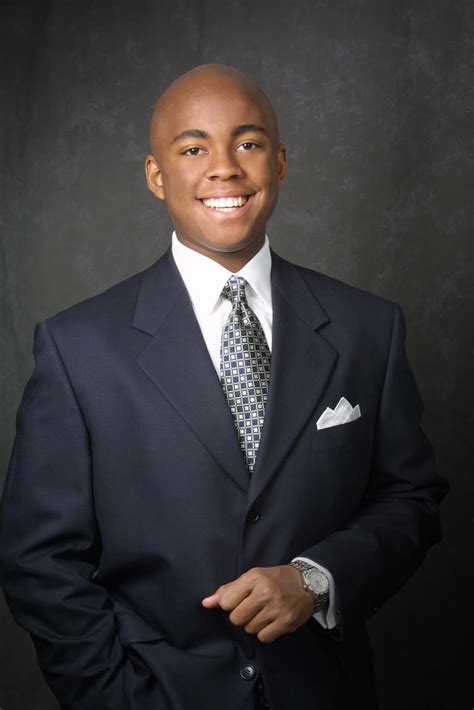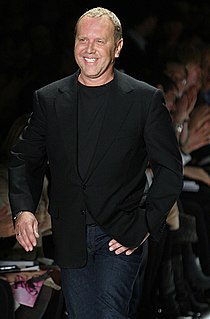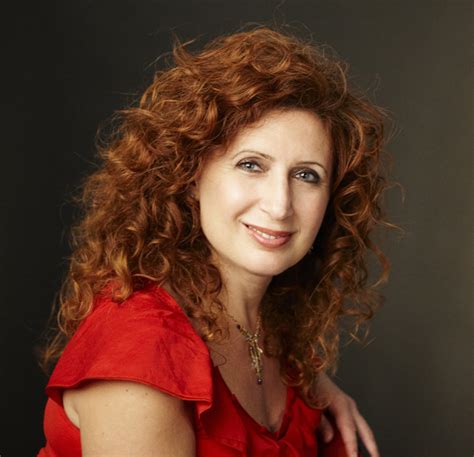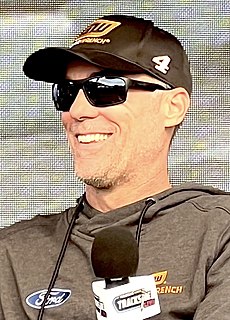A Quote by Jim Rohn
To solve any problem, here are three questions to ask yourself: First, what could I do? Second, what could I read? And third, who could I ask?
Related Quotes
In my [Impossibility] theorem I'm assuming that the information is a ranking. Each voter can say of any two candidates, I prefer this one to this one. So then we have essentially a ranking. It's a list saying this is my first choice. This is my second choice. Each voter, in principle, could be asked to give that entire piece of information. In the ordinary Plurality Voting, say as used in electing Congressmen, we generally only ask for the first choice. But, in principle, we could ask for more choices.
It could be anything. It could be Jesus and it could be the Furby and it could be the lint that lives in my navel, but it's probably not. Whatever it is, I doubt we as humans on Earth could have any perception of it while we're here. So, why give yourself a headache thinking about it. Just be a good person. That's what an ethicist is.
If you had a system that could read all the pages and understand the context, instead of just throwing back 26 million pages to answer your query, it could actually answer the question. You could ask a real question and get an answer as if you were talking to a person who read all those millions and billions of pages, understood them, and synthesized all that information.



































